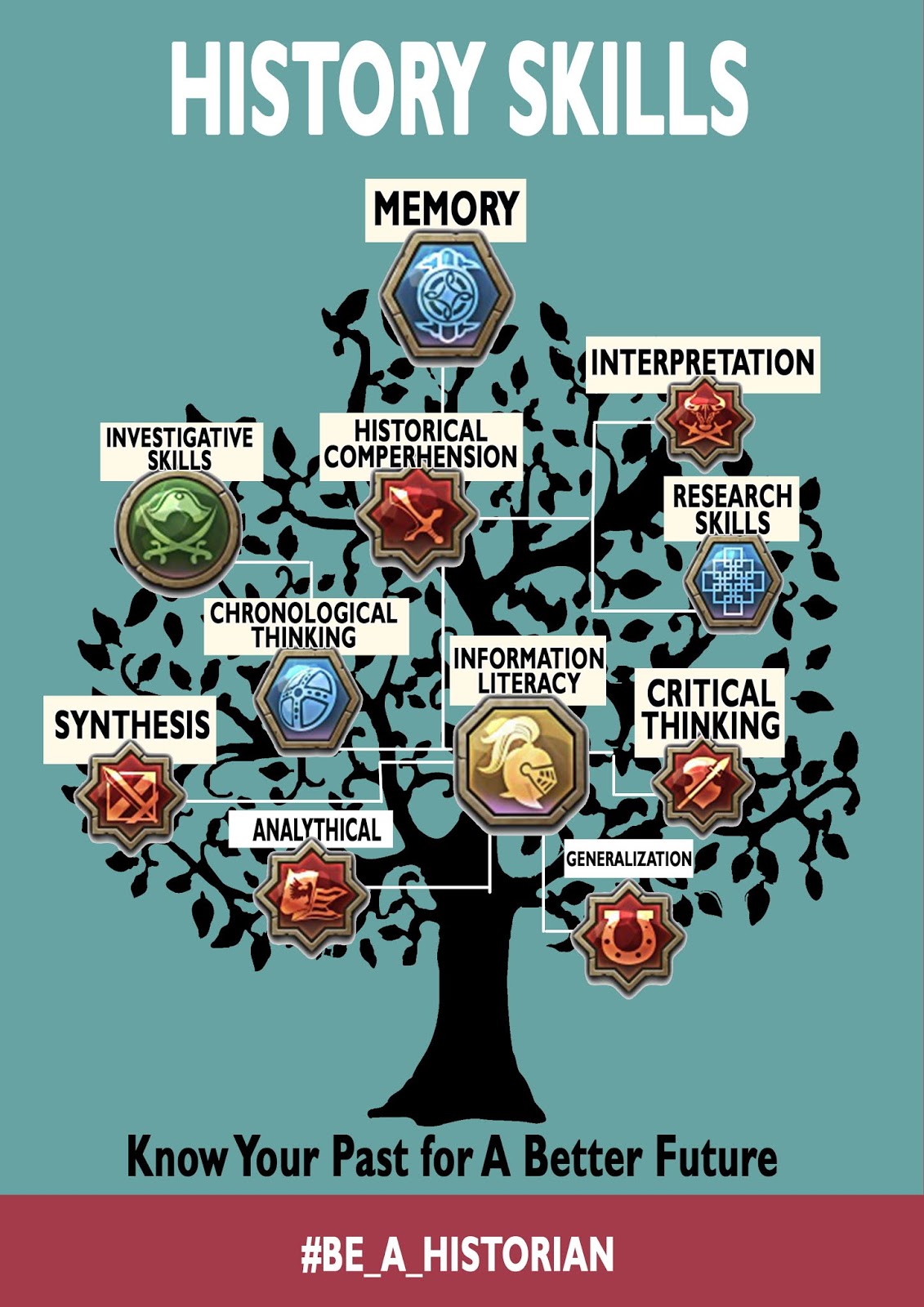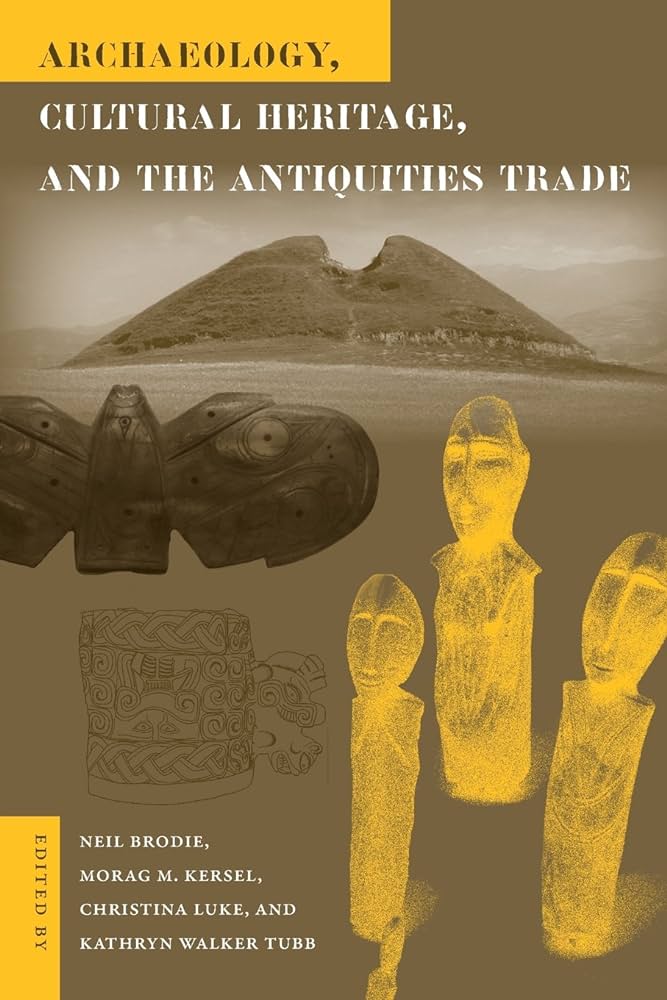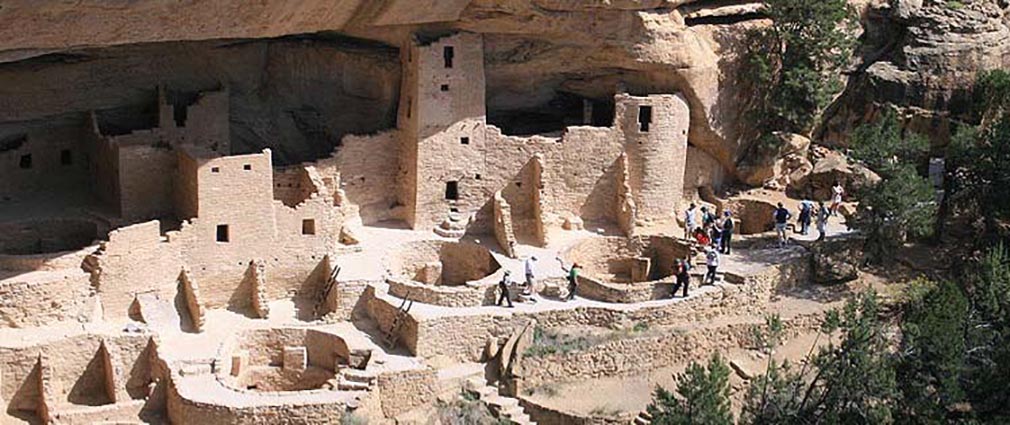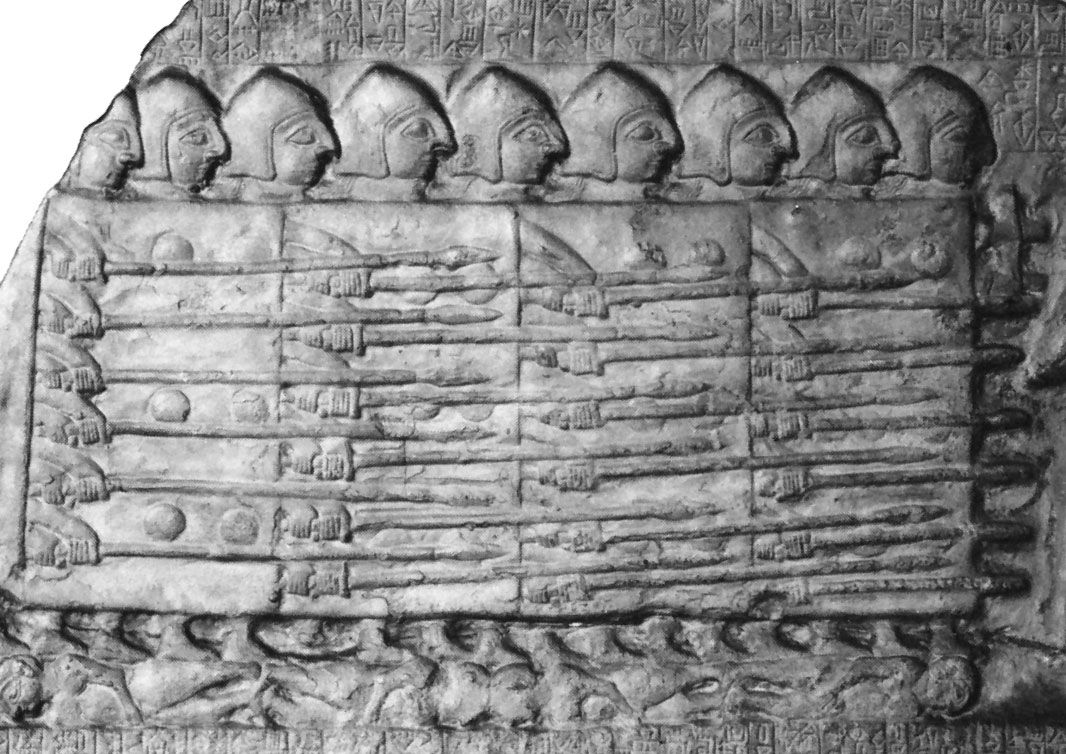Uncovering the Stories of the Past: Exploring the Power of Oral History
Oral history has long been a powerful tool for uncovering the stories of the past. Passed down from generation to generation, these stories offer a unique glimpse into the lives and experiences of those who came before us. By exploring the power of oral history, we can gain a greater understanding of our collective past and the people who have shaped it.
What Is Oral History?
Oral history is the practice of collecting and preserving the spoken memories and experiences of people. It involves recording interviews with individuals who have firsthand knowledge of historical events or experiences and transcribing those interviews for future generations.
Oral history can encompass a wide range of subjects, from the memories of war veterans to the stories of grandparents and the cultural traditions they passed down. It can also include less formal accounts of everyday life, such as personal accounts of significant events or milestones.
The Importance of Oral History
Oral history is a valuable tool for historians and researchers because it provides a unique perspective on historical events and the people who lived through them. It can offer insights into the everyday lives of people, their customs, beliefs, and traditions that may not be abundantly clear in written records.
Oral histories also provide a forum for individuals whose stories might otherwise go unheard. They provide a space for people whose perspectives and experiences may have been marginalized or overlooked in traditional historical accounts to share their stories and have their voices heard.
Finally, oral history can be a powerful way to preserve culture and tradition. By recording and preserving stories of cultural significance, we can ensure that customs and traditions are not lost to time.
Tips for Conducting Oral History Interviews
If you’re interested in conducting oral history interviews, there are a few key tips to keep in mind to ensure that you get the most out of each interview:
1. Prepare your questions ahead of time. While it’s important to be flexible and adapt to the interviewee’s answers, having a set of prepared questions can help guide the interview and ensure that you cover all the key topics.
2. Choose a quiet, comfortable location. Pick a location where you won’t be interrupted and where the interviewee will feel comfortable sharing their memories and experiences.
3. Be respectful and patient. Remember that the process of recounting memories can be emotional for the interviewee. Be patient and respectful, and let them take the time they need to collect their thoughts.
4. Transcribe and preserve the interview. After the interview is complete, transcribe and preserve the interview for future generations. There are many online tools and resources available to help you transcribe and store oral history recordings.
Final Thoughts
Oral history is a powerful tool for uncovering the stories of the past. By collecting and preserving the spoken memories and experiences of people, we can gain a greater understanding of our collective history and the people who have shaped it. If you’re interested in conducting oral history interviews, remember to prepare your questions, choose a quiet location, be respectful and patient, and preserve the interview for future generations.











